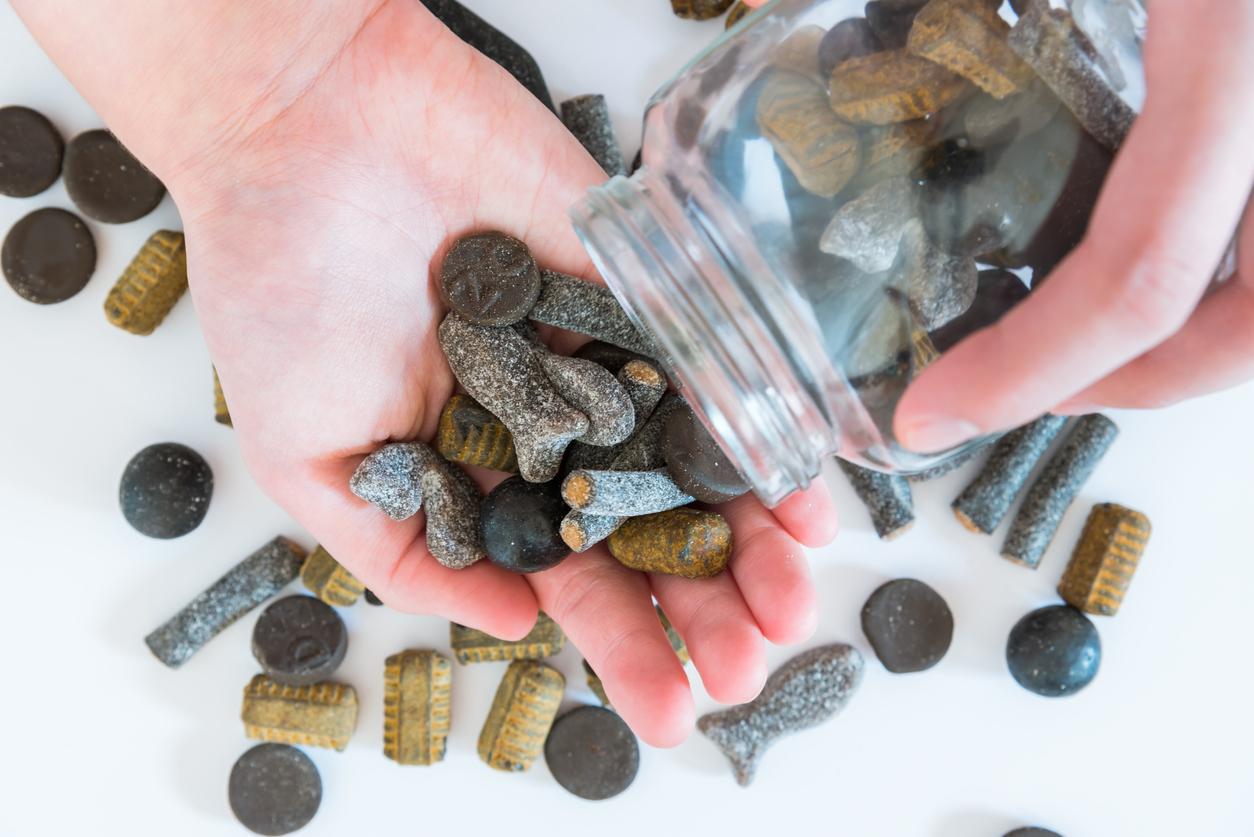
From antibiotics to mouthwash
Do you notice that your food tastes different? Then it could be your medication. Some medicines can affect your taste. In the section ‘Side effect’ you can read everything about side effects of medicines. This time: taste disturbances.
With a taste disorder, the taste is disturbed. You may taste less or better than before. Things can also taste completely different at once or cause a bad taste in your mouth. Taste disorders have something to do with how you perceive taste stimuli. The taste stimuli are sweet, sour, salty and bitter.
What types of taste disorders are there?
There are four types of taste disorders. In the first type of taste disorder, you do not perceive one or more taste stimuli at all (ageusia). The second type is somewhat milder, where you perceive one or more taste stimuli less well (hypogeusia). The third kind is exactly the opposite. You perceive one or more taste stimuli better (hypergeusia). In the latter species, the perception of taste is altered (dysgeusia). As a result, familiar flavors can taste different at once.
Which drugs cause taste disturbances?
There are several drugs that can cause taste disturbance as a side effect. Medications can cause taste disturbances in several ways. It is not always known exactly how this works.
Antibiotics
Some antibiotics can cause taste disturbances. For example, the antibiotic amoxicillin can affect your taste by changing the composition of bacteria in your mouth. Doctors prescribe amoxicillin, among other things, for pneumonia or bladder infections. Metronidazole, another antibiotic, can leave a metallic or bitter taste in your mouth. Doctors usually prescribe metronidazole for gastrointestinal infections with diarrhea.
Psychological resources
Medicines prescribed for mental illness can also cause disturbances in taste. Taking lithium can leave a metallic taste in your mouth. Lithium is mainly prescribed in bipolar disorder. In addition, various antidepressants can ensure that less saliva is formed in your mouth. Dry mouth can also alter your taste. This can occur, for example, with antidepressants such as imipramine and clomipramine.
mouthwash
Another cause of taste disturbance can be that a drug is damaging your taste buds. This is the case, for example, with chlorhexidine. Chlorhexidine is in many mouthwashes and can be used for infections in the mouth. A mouthwash with chlorhexidine can cause damaged taste buds as well as dry mouth. This can leave you with a sweet taste in your mouth.
Antifungals
Agents used for fungal infections can also cause taste disturbances. For example, terbinafine tablets can cause a loss of taste and smell or a bitter taste. Doctors usually prescribe these tablets for severe forms of athlete’s foot and fungal nails.
Medicines for high blood pressure
Taste disturbances can also arise with drugs that are prescribed for high blood pressure or cardiovascular disease. This is the case, for example, with enalapril and lisinopril. Are you taking these drugs? Then you can also have to deal with a changed taste or loss of taste. In addition, when using the drug captopril, a sweet, salty, bitter or metallic taste can develop in your mouth.
Finally, not only drugs, but also certain diseases can cause taste disturbances. For example, respiratory infections, HIV infections and diabetes.
Taste disorders and smell disorders
Taste disorders often go hand in hand with smell disorders. This is also the reason that you can often taste less well when you have a cold. Smell is very important for taste. Taste doesn’t just depend on how your taste buds perceive the taste stimuli. The structure and smell of food are also important for taste. Smell is picked up by nerves in your nose. Also when you chew food, fragrances are released. These taste and smell signals are sent to the taste and smell center in your brain. The brain then processes this information, so that you can recognize certain tastes and smells.
Different for everyone
The development of taste disorders is different for every drug and for everyone. Age, gender, body weight and genes can influence this. Older people with less well-functioning taste buds, for example, are more likely to suffer from changes in taste.
Influence
A taste disorder can affect your life. For example, it can make you feel less inclined to eat. You can also lose weight or not get enough nutrients. You may also try to improve the altered or reduced taste with, for example, extra salt or sugar. Then you can gain weight or develop high(er) blood pressure. A taste disorder can also cause you to take your medicines less faithfully.
The taste disturbance often goes away when you stop taking the medicine. This can take several weeks to months.
Do you want to know whether your medicine can cause taste disturbances? Then look in the package leaflet or ask your doctor or pharmacist. Do you want to report a side effect? You can do that via myupdate.nl
This article was produced in collaboration with Side Effects Center Lareb† This is the Dutch reporting and knowledge center for side effects of medicines, including vaccines, and the use of medicines during pregnancy and breastfeeding. Lareb identifies risks of the use of medicines in daily practice and generates and disseminates knowledge about this.















